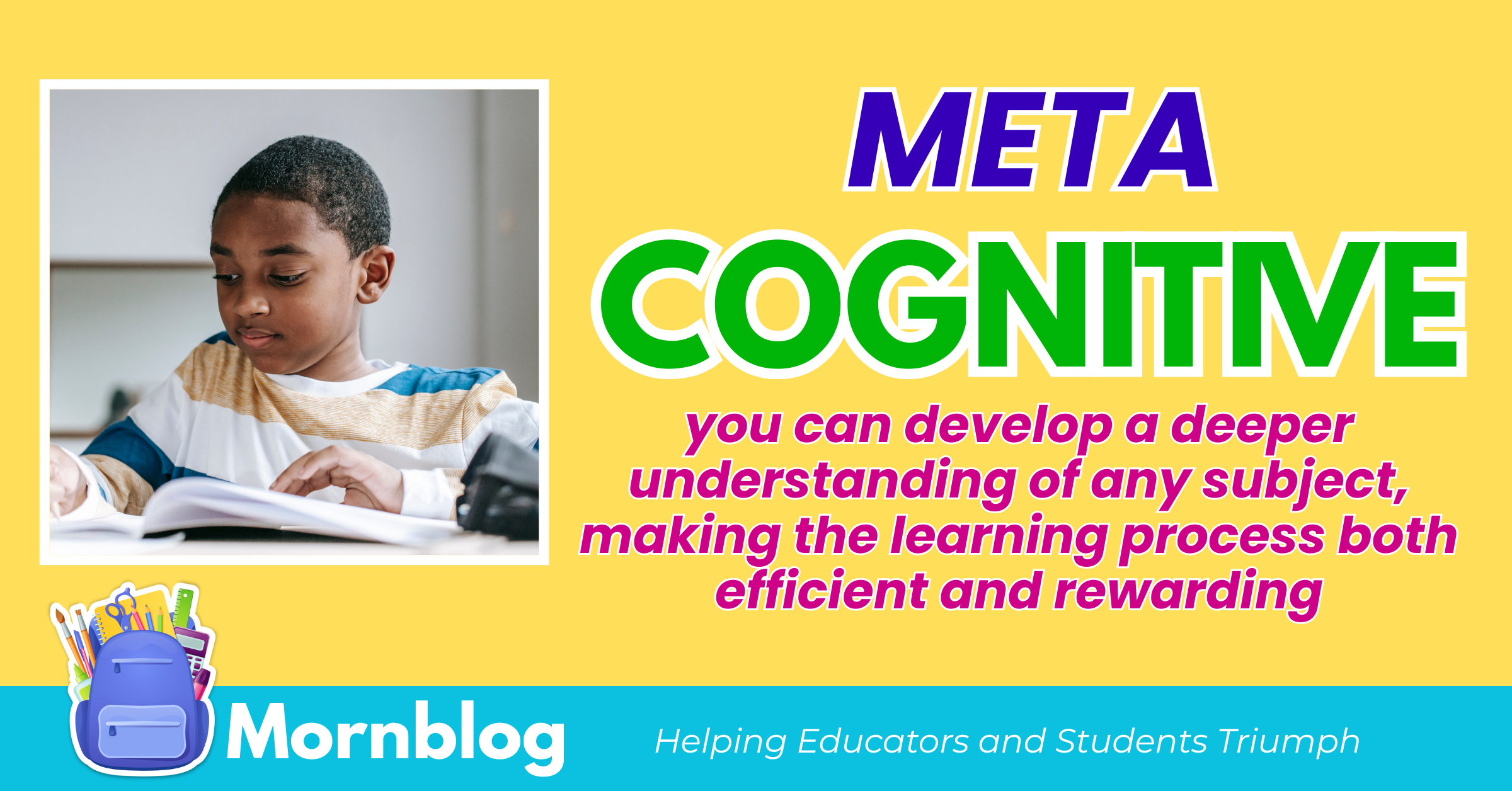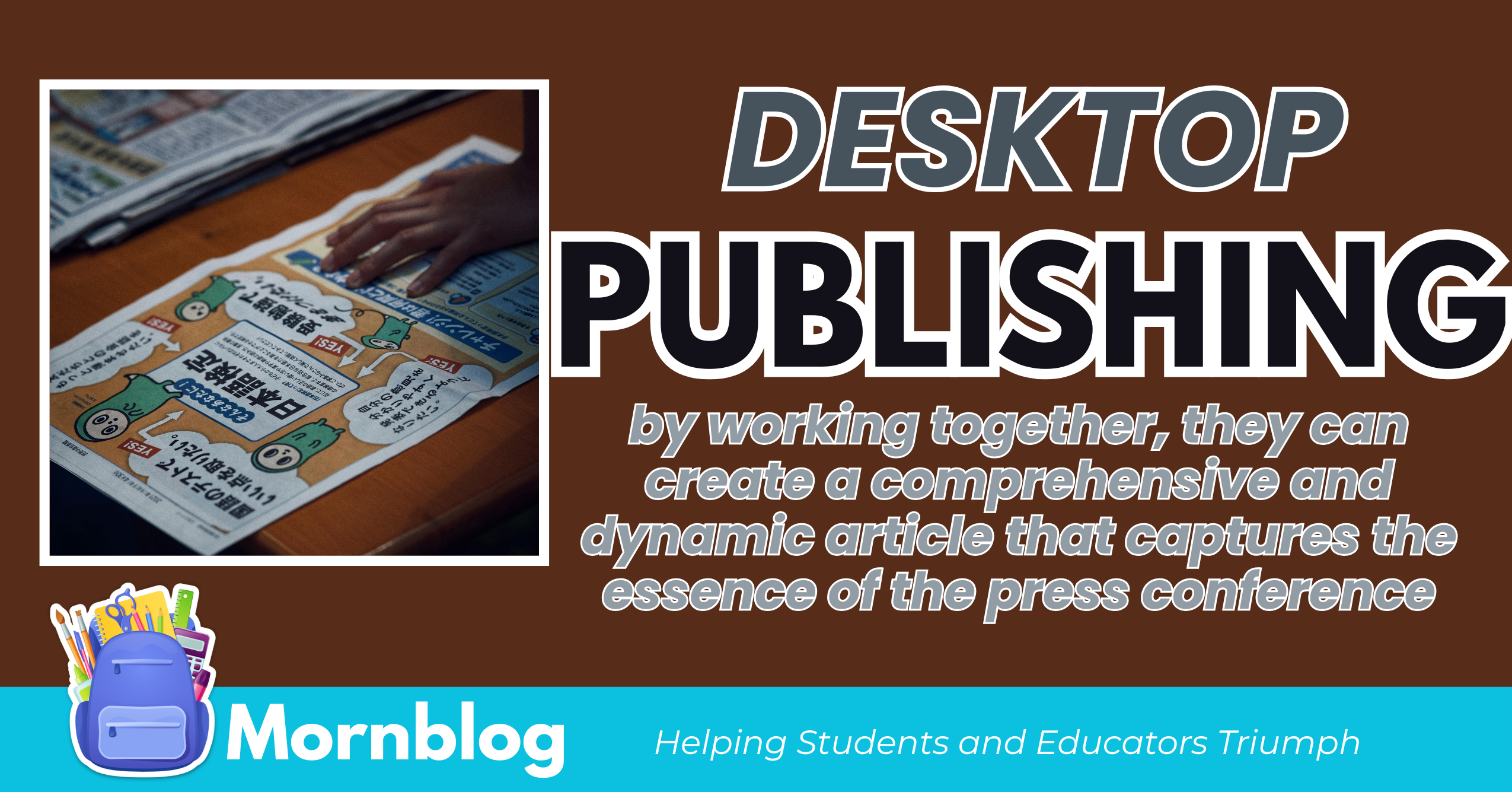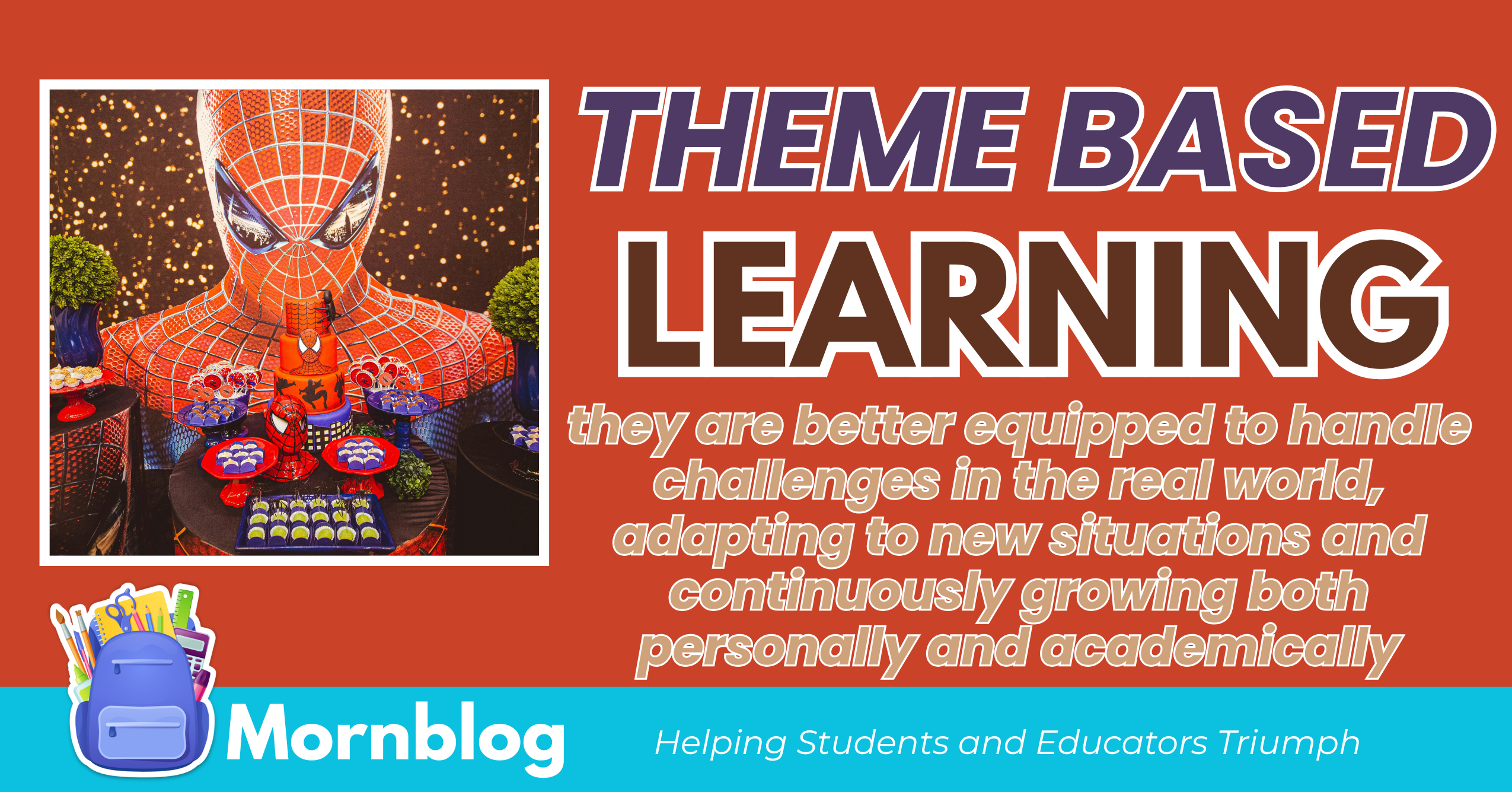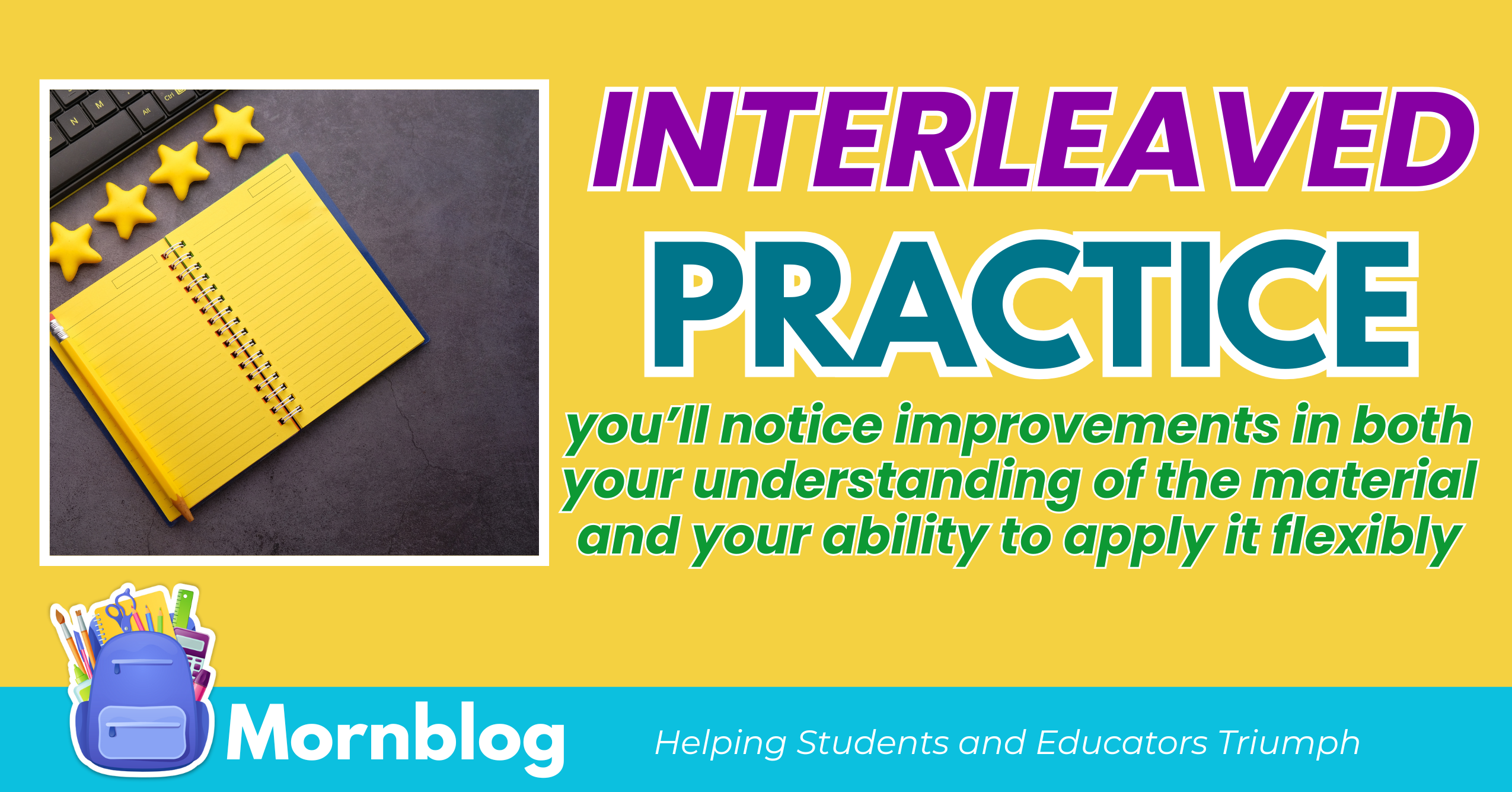Learn: The Startlingly Effective, Efficient Metacognitive Reflection to Easily Understand Any Subject
Metacognitive reflection is the practice of thinking about your own thinking.
It involves assessing your understanding, monitoring your learning progress, and adapting your study methods to improve outcomes.
By actively reflecting on what you know and what you don’t, you can develop more effective strategies for mastering content.
Learn how to utilize metacognitive reflection to easily understand any subject.
This approach is not just about studying harder but studying smarter, using self-awareness to guide your efforts.
Table of Contents
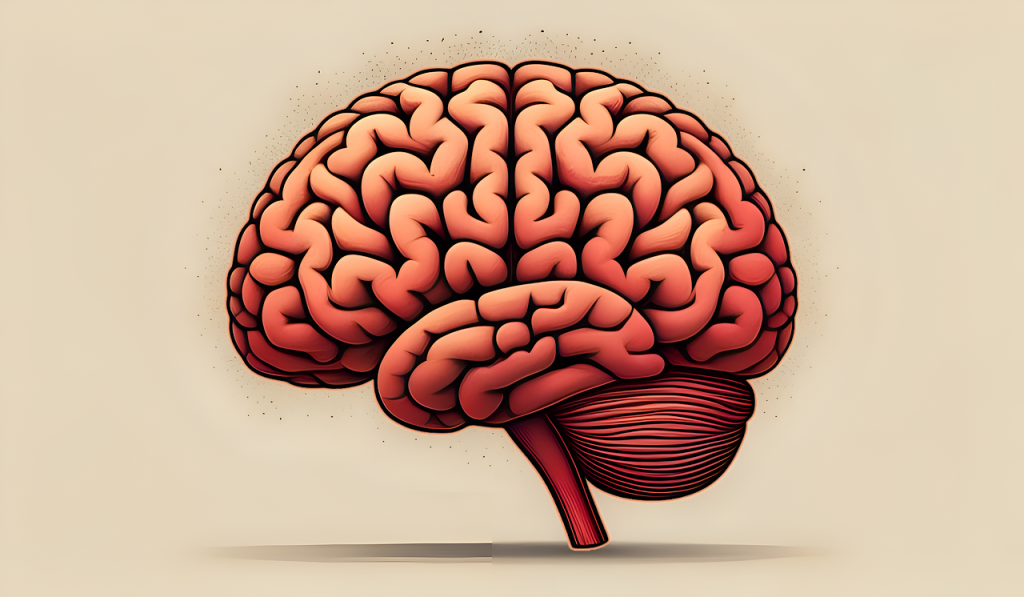
What is Metacognitive Reflection?
Metacognition refers to “thinking about thinking,” and it includes two primary components:
Metacognitive Knowledge
Understanding your strengths, weaknesses, and preferred learning styles. For example, knowing that you learn best through diagrams helps you focus on visual aids.
Metacognitive Regulation
Adjusting your learning strategies based on feedback. For instance, if rereading notes isn’t helping you recall key facts, you might switch to active recall or summarization.
By practicing metacognitive reflection, students become active participants in their own learning process, leading to deeper understanding and retention.
How to Use Metacognitive Reflection
Set Clear Goals
Before starting a study session, define what you want to achieve. For example:
“Understand the main causes of World War II.”
“Solve at least 10 practice problems on trigonometry.”
Ask Reflective Questions
Continuously evaluate your understanding by asking questions such as:
“What do I already know about this topic?”
“What concepts are still unclear to me?”
“What strategies worked well last time?”
Self-Monitor During Study Sessions
Pay attention to moments of confusion or difficulty. If you’re struggling with a specific problem or topic, mark it for further review.
Conduct Post-Study Reviews
After each study session, reflect on what you accomplished:
Did you meet your goals?
What areas still need improvement?
How effective were your strategies?
Adapt and Experiment
Use your reflections to adapt your methods. If one approach isn’t working, try another.
For example, if summarizing text isn’t improving your recall, try creating flashcards instead.

Benefits of Metacognitive Reflection
Enhanced Self-Awareness
Understanding your learning preferences and limitations allows you to focus on strategies that work best for you.
Improved Efficiency
Reflecting on what works saves time by eliminating ineffective methods.
Greater Retention
Actively monitoring your understanding helps solidify information in memory.
Better Problem-Solving Skills
By identifying gaps in knowledge, you can tackle difficult topics with targeted strategies.
Common Mistakes and Misconceptions
Believing Reflection Is Time-Consuming
Metacognitive reflection doesn’t require lengthy journaling or elaborate processes. Even a few minutes of thoughtful analysis can yield significant benefits.
Focusing Only on Weaknesses
While addressing gaps is important, don’t neglect your strengths. Knowing what you excel at can boost confidence and guide your study habits.
Neglecting to Act on Reflections
Awareness without action is ineffective. Always adapt your methods based on your reflections.
Overestimating Understanding
Students often assume they know more than they do. Use quizzes or practice questions to test your true understanding.
Practical Applications
Math and Science: After solving a problem, reflect on your approach. Could it be done more efficiently?
Languages: Monitor your progress in vocabulary retention or grammar usage by testing yourself regularly.
History: After reading a chapter, summarize it in your own words and evaluate how well you captured the key points.
Essay Writing: Reflect on your structure and arguments after drafting. Are your points clear and well-supported?
Conclusion
Metacognitive reflection empowers students to take control of their learning journey.
By consistently evaluating and adjusting your strategies, you can develop a deeper understanding of any subject, making the learning process both efficient and rewarding.
School Hacks
Subscribe
Fresh insights and exclusive perks delivered straight to your inbox. Sign up now!

